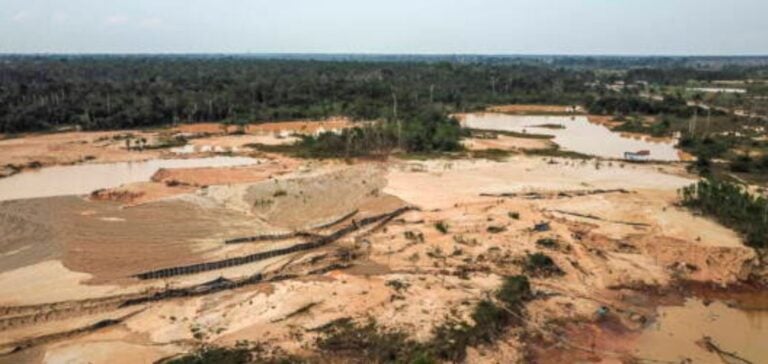Brazilian President Luiz Inacio Lula da Silva recently declared that offshore oil exploration near the mouth of the Amazon represents an opportunity to stimulate Brazil’s economic growth. The announcement, made at a meeting in Rio de Janeiro with Saudi Arabian investors, sparked off considerable controversy. Lula stressed that all activities must be legal and environmentally friendly, but insisted that Brazil cannot afford to neglect this opportunity for economic development. Lula has been criticized by many environmentalists for his stance, especially as his Environment Minister, Marina Silva, is firmly opposed to the project. Ibama(Instituto Brasileiro do Meio Ambiente e dos Recursos Naturais Renováveis) already refused last year to issue a license to Petrobras, Brazil’s state-owned oil company, for exploration in this region, due to the lack of adequate studies.
Internal conflict and international pressure
The new president of Petrobras, Magda Chambriard, took office last month and has expressed her desire to accelerate exploration of new reserves, including in the controversial region near the mouth of the Amazon. This position has heightened tensions within the Brazilian government. Chambriard is determined to explore new energy sources to meet growing demand, despite environmental concerns. Environmentalists find it paradoxical that Lula should defend fossil fuel exploration when he has made the fight against climate change a priority, notably by halving deforestation in the Amazon last year. This region is crucial to the global ecological balance, and the contradiction between Lula’s environmental objectives and his economic initiatives raises questions about the coherence of his policies.
COP30: A Test of Truth for Brazil
Next year, Brazil will host the COP30 (Conference of the Parties) in Belém, an emblematic Amazonian city. This international event will be crucial in assessing global efforts to combat global warming. Lula reiterated that global cooperation is essential to avoid catastrophic levels of climate change, citing the recent devastating floods in southern Brazil as an example of the tangible impacts of the climate crisis. COP30 in Belém could prove to be a litmus test for Brazil’s credibility on the international environmental policy scene. Lula will have to balance the country’s economic development needs with his commitment to environmental protection. The pressure is on to demonstrate that Brazil can both exploit its natural resources responsibly and play a leading role in the fight against climate change. The opposition of Marina Silva and other environmentalists shows the scale of the challenge facing Lula. The final decision on offshore oil exploration could have lasting repercussions not only for the Amazon ecosystem, but also for Brazil’s position as a world leader in the fight against global warming.
Lula’s energy policy and its impact on the environment will remain at the heart of national and international debates, particularly in the run-up to COP30. Brazil is at a crucial crossroads where it must strike a balance between economic development and environmental preservation to ensure a sustainable future.





















